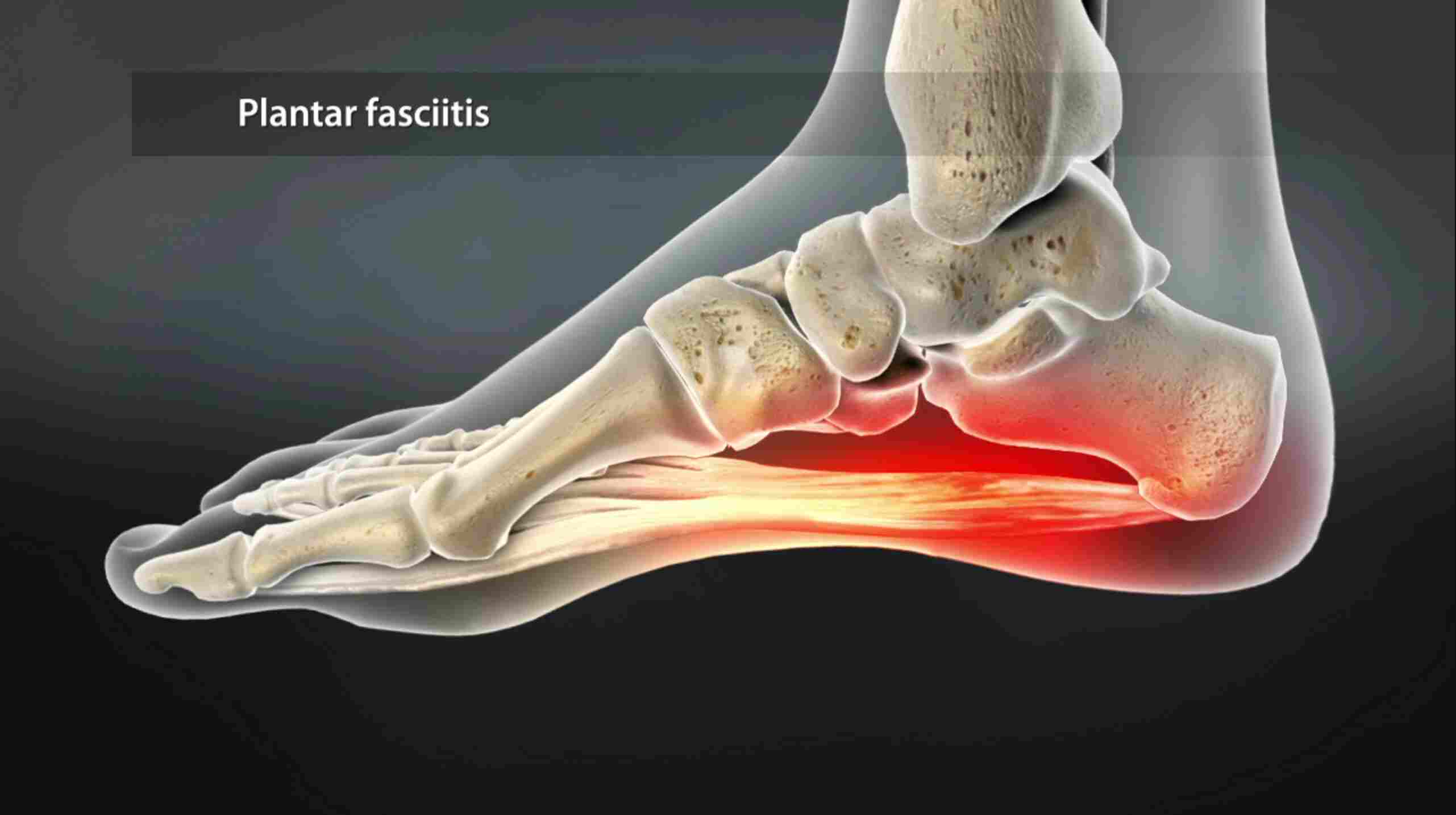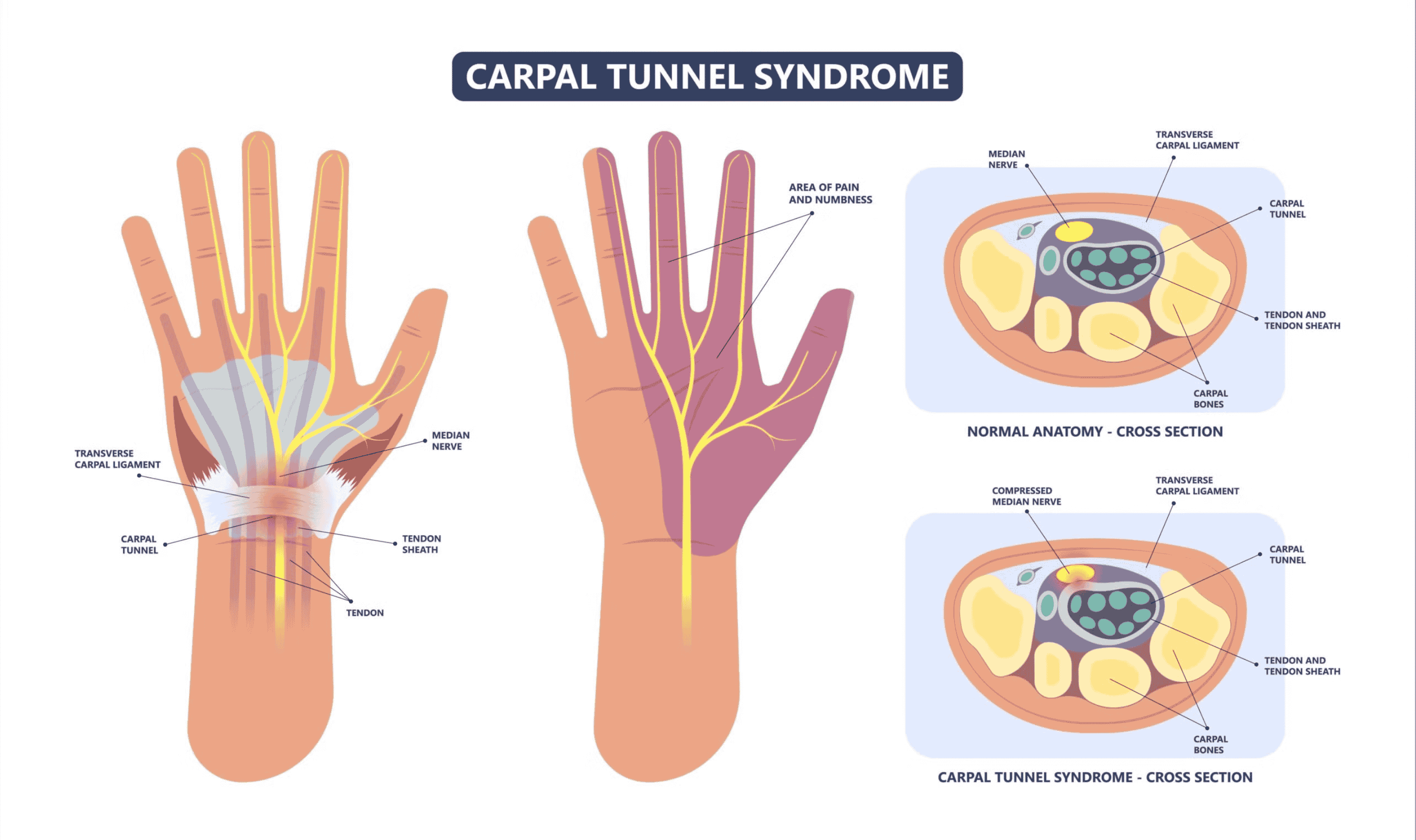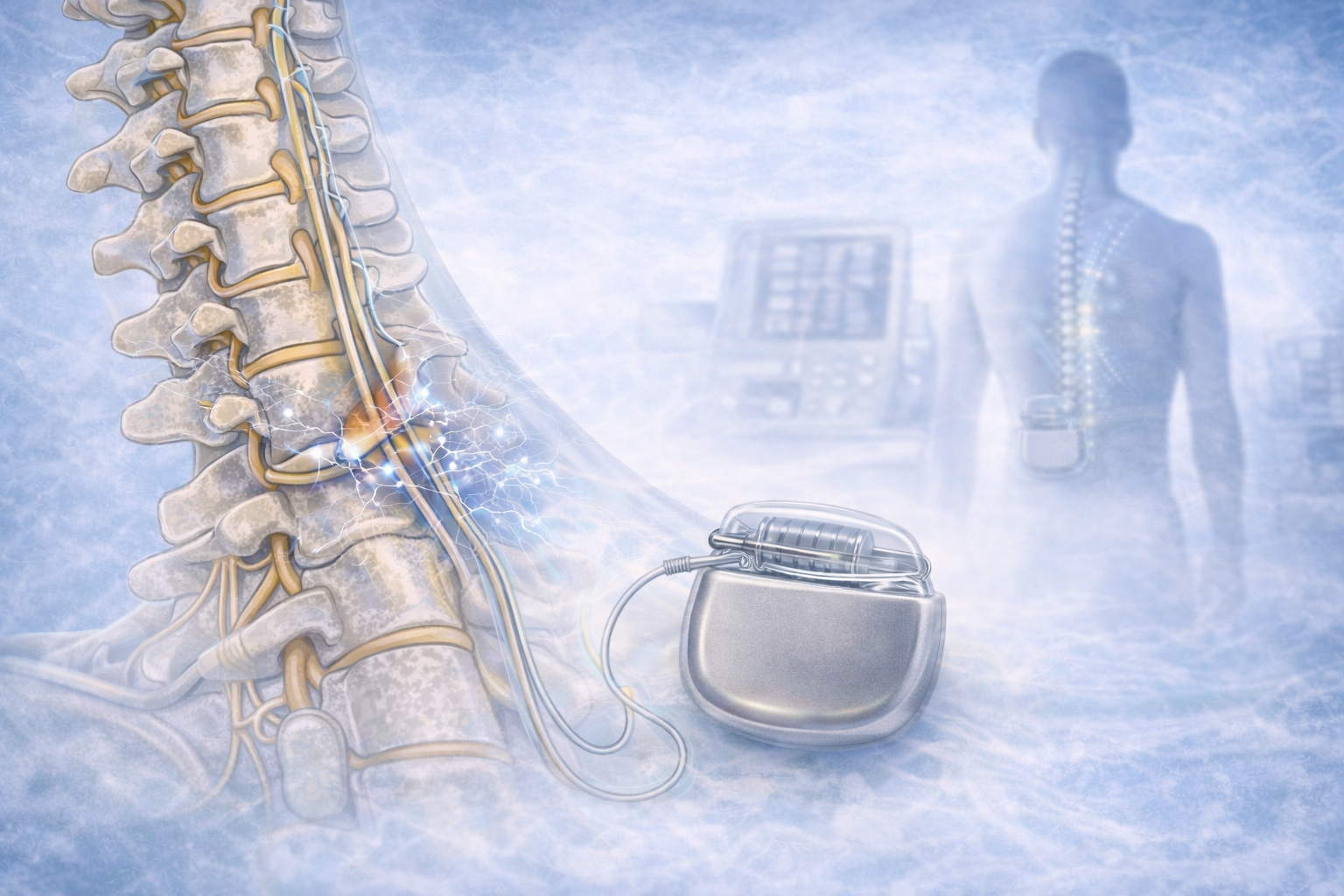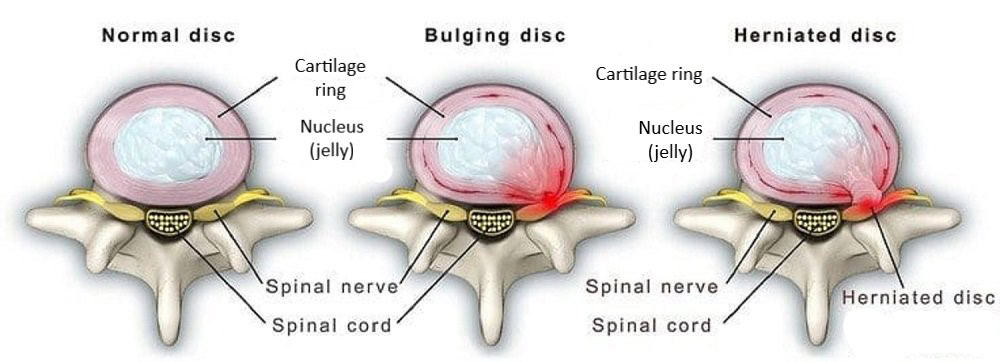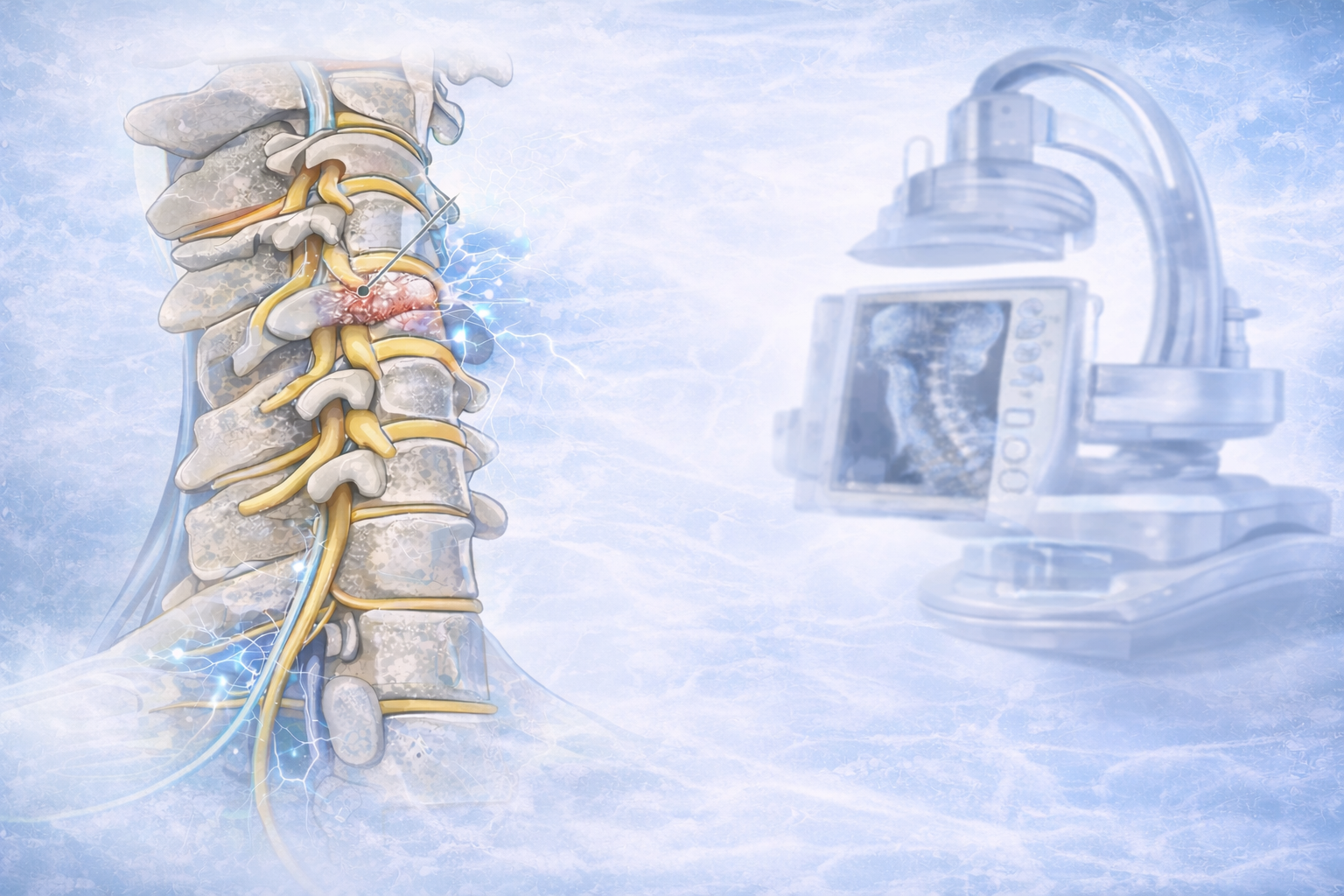Radiofrequency Knee Pain Treatment: Relieving Chronic Knee Pain Without Surgery
Chronic knee pain can significantly impact one's quality of life, making it difficult to perform daily activities and enjoy an active lifestyle. For patients who have tried other conservative or surgical treatments without success, genicular nerve radiofrequency ablation (RFA) has emerged as a promising intervention. This innovative procedure targets the nerves surrounding the knee, providing effective pain relief without the need for invasive surgery or medication injections.
What is Genicular Nerve Ablation?
Genicular nerve ablation is a non-surgical approach to treat knee pain. By applying radiofrequency waves to the nerves surrounding the knee joint, targeted pain relief can be achieved. Unlike other procedures, genicular nerve ablation does not involve the use of steroids or medications injected into the knee joint.
Types of Genicular Nerves:
The knee joint is innervated by various nerves, including the femoral, common peroneal, saphenous, tibial, and obturator nerves. These nerves, collectively known as genicular nerves, supply sensory signals to the knee joint.
Duration of Genicular Nerve Block:
Following a successful nerve block, a neurotomy (nerve deadening) procedure may be scheduled. The effects of the nerve block can last anywhere from 6 months to two years, providing relief from knee pain.
Timeframe for Radiofrequency Ablation to Work:
It typically takes three or more weeks to experience the full effects of radiofrequency ablation. The pain relief provided by the procedure can last from six months to a year or even longer. However, it's important to note that nerves may regenerate over time.
Recovery and Side Effects of Radiofrequency Ablation:
Patients can usually resume their normal activities and return to work within 24 to 72 hours after the procedure. Pain relief is commonly experienced within 10 days, although individual responses may vary. While radiofrequency ablation is generally safe, potential side effects include superficial skin infections, damage to surrounding blood vessels and nerves, which may cause bleeding or long-term numbness and tingling.
Pain Sensation during Nerve Ablation:
Nerve ablation procedures can involve different techniques, but most patients describe feeling a buzzing or tingling sensation. The procedure aims to interrupt pain signals and reduce discomfort in the targeted area, providing relief for individuals suffering from chronic knee pain.
If you are experiencing chronic knee pain and have exhausted other treatment options, consult with a healthcare professional or pain specialist to discuss the potential benefits of radiofrequency ablation for your specific condition. This non-surgical approach may offer the relief you've been seeking, allowing you to regain mobility and improve your overall quality of life.










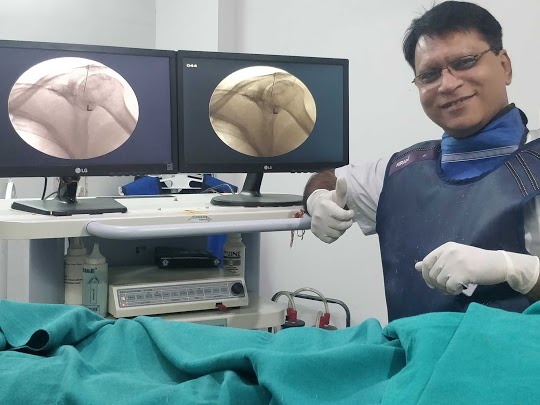



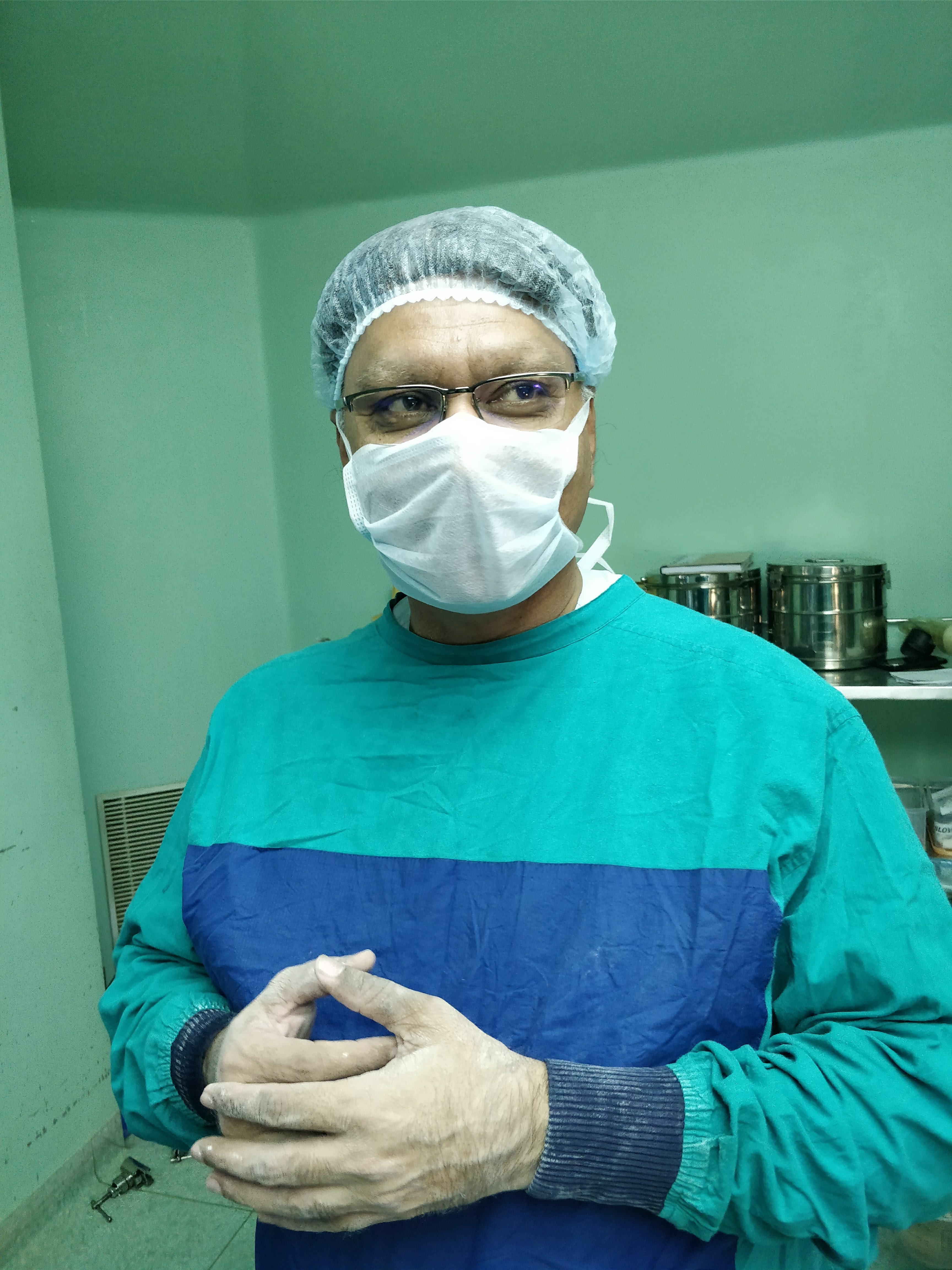
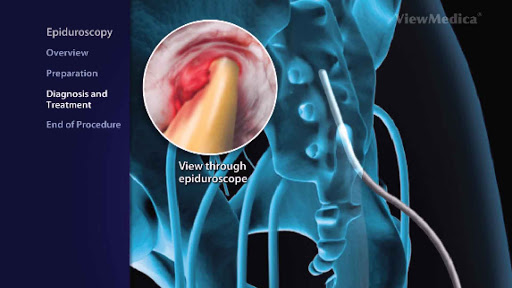

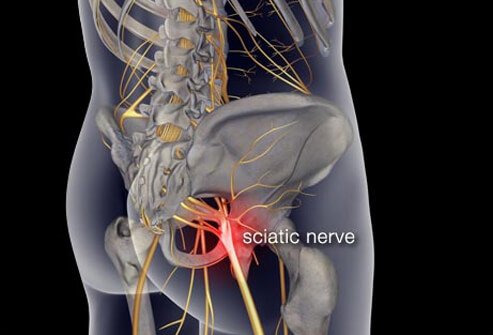

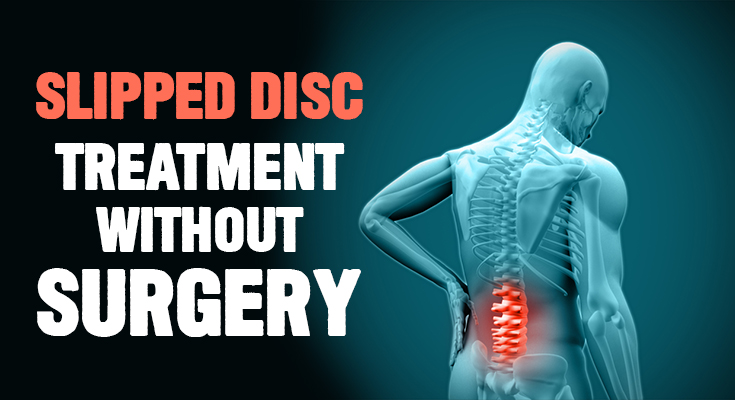





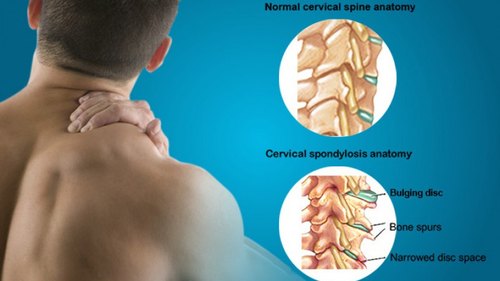
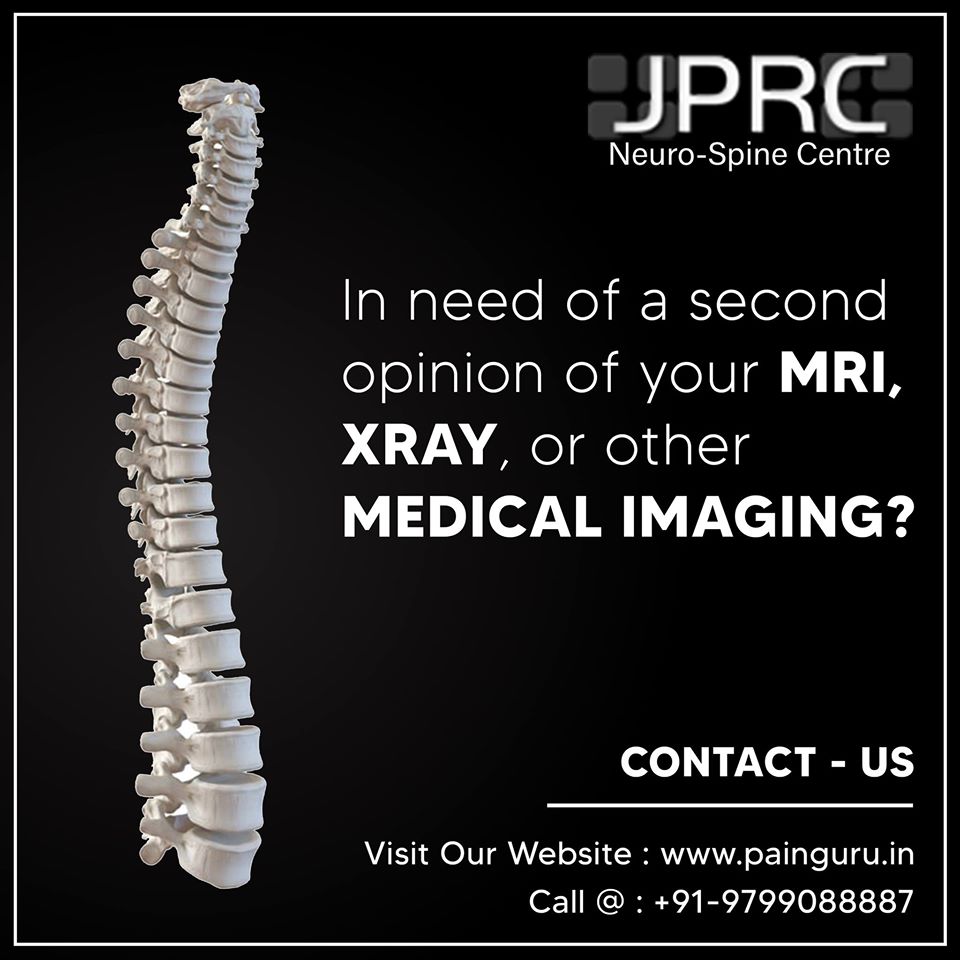






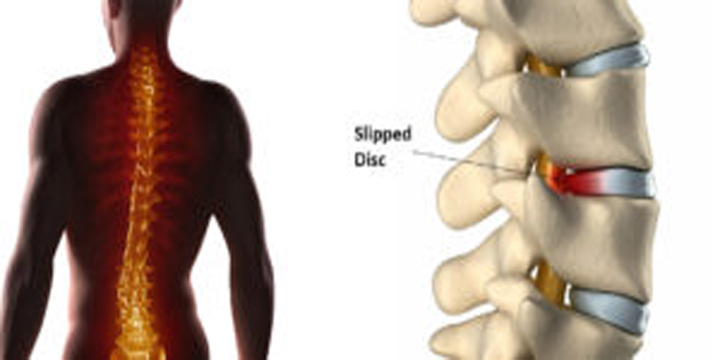
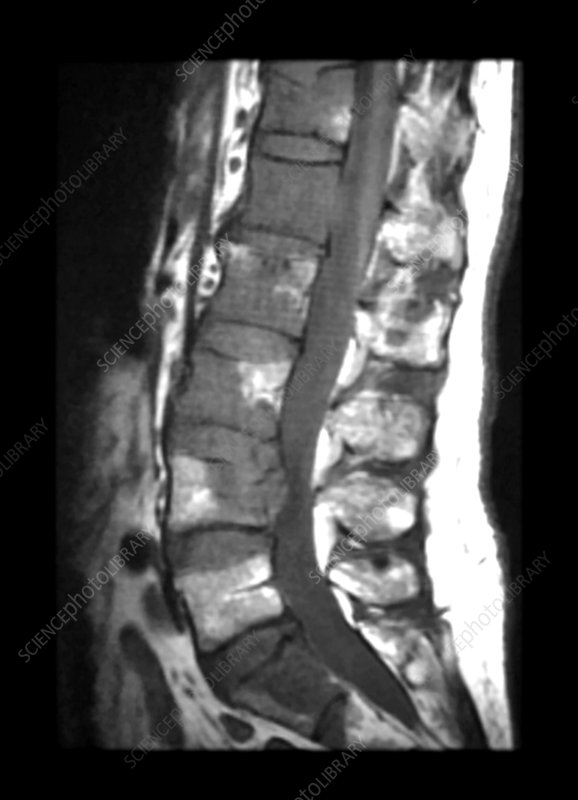




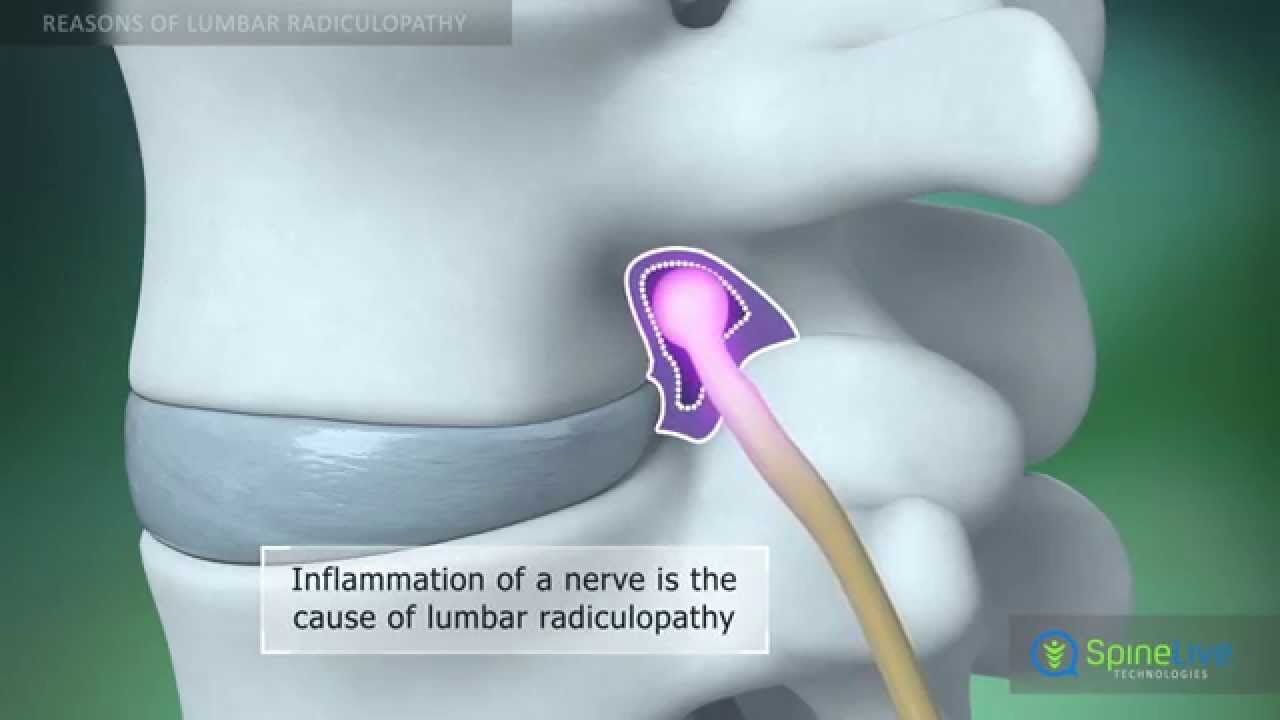
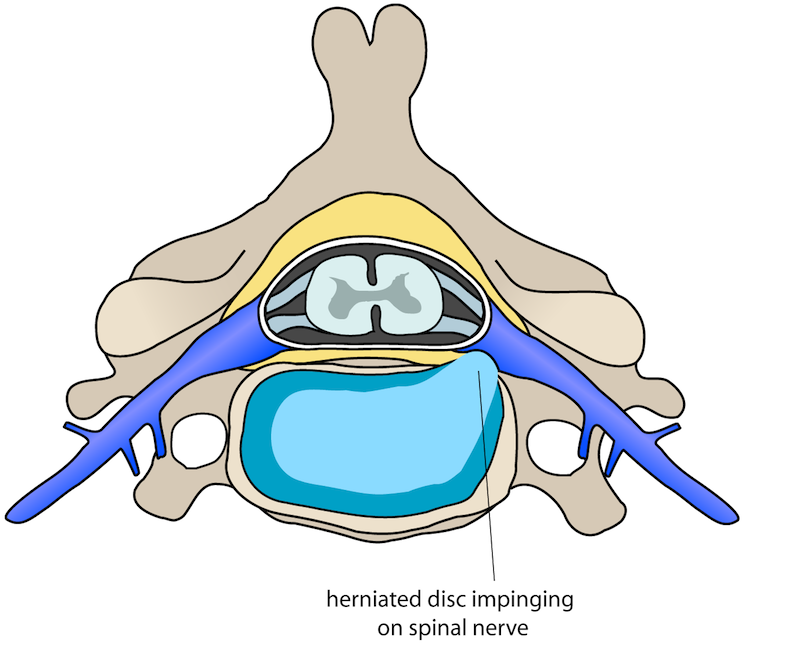
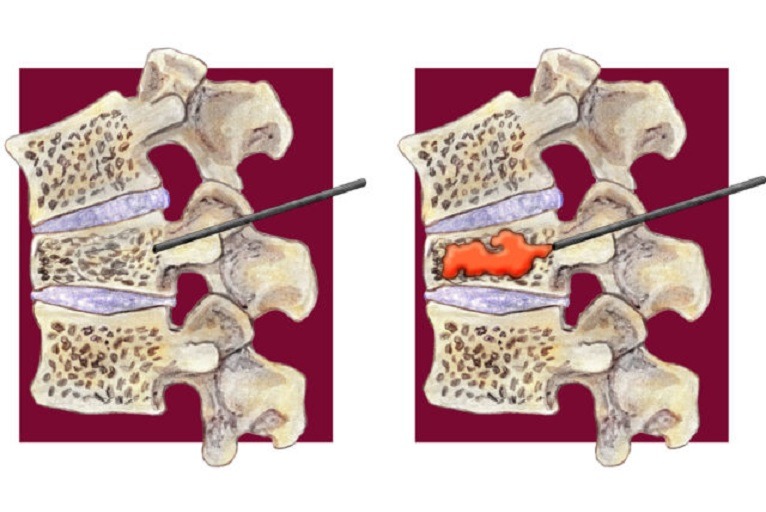











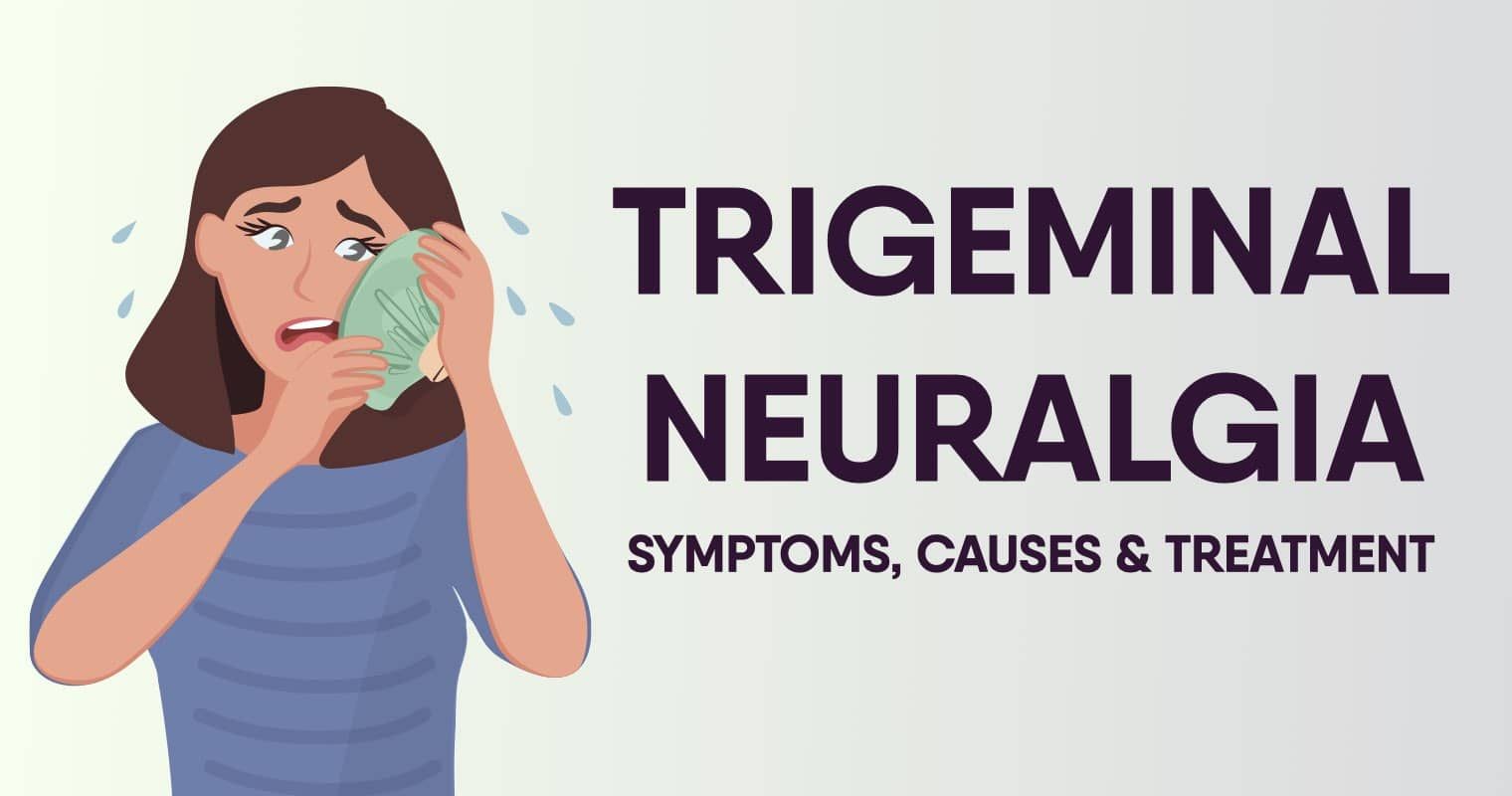

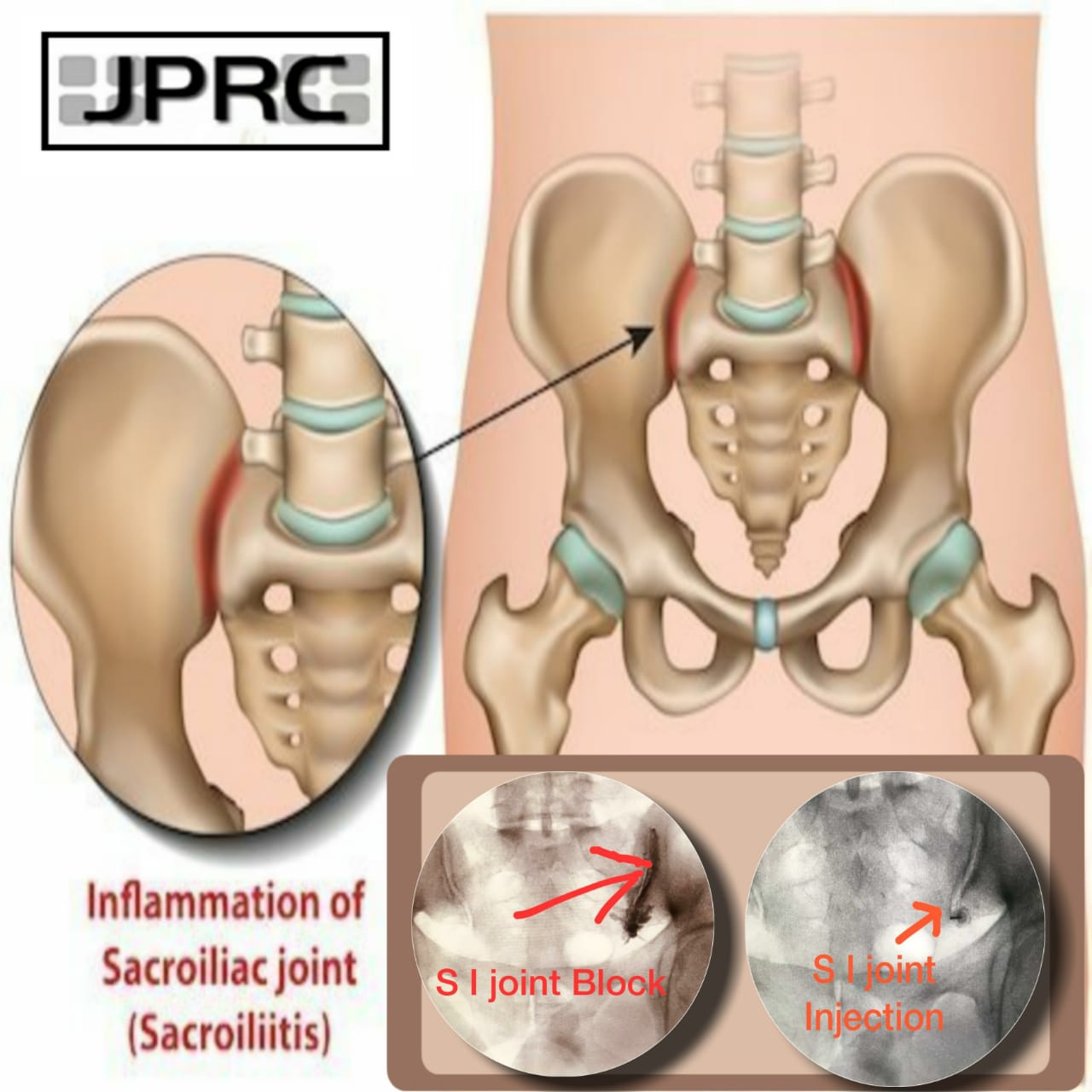





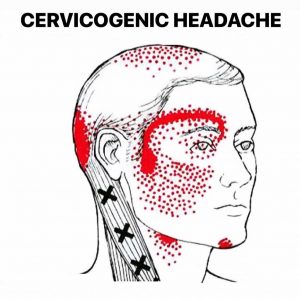




.jpg)











_Injection_Description_in_Hindi.jpg)
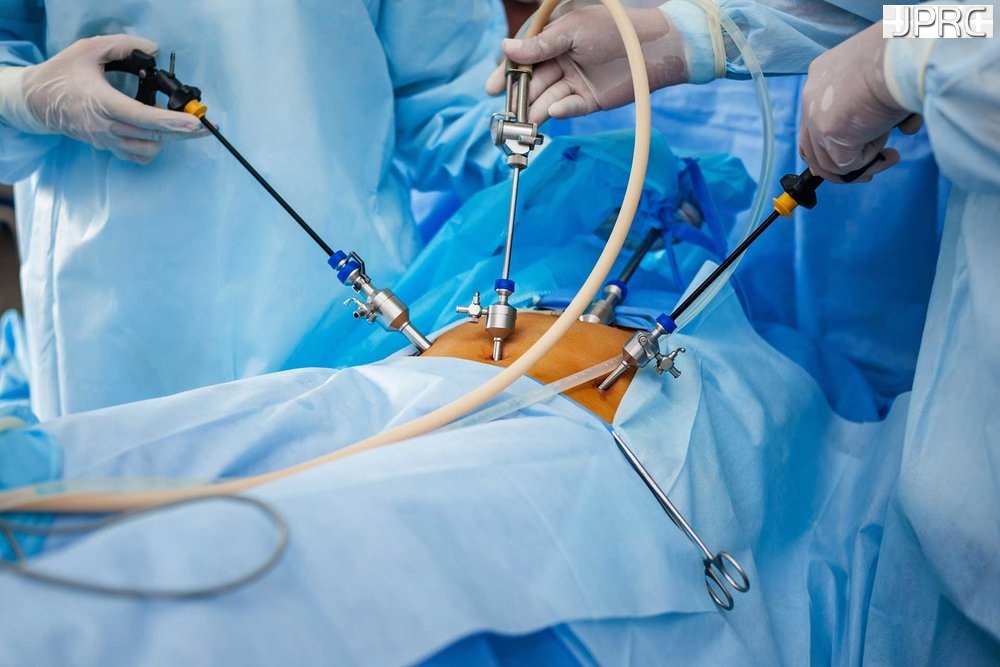

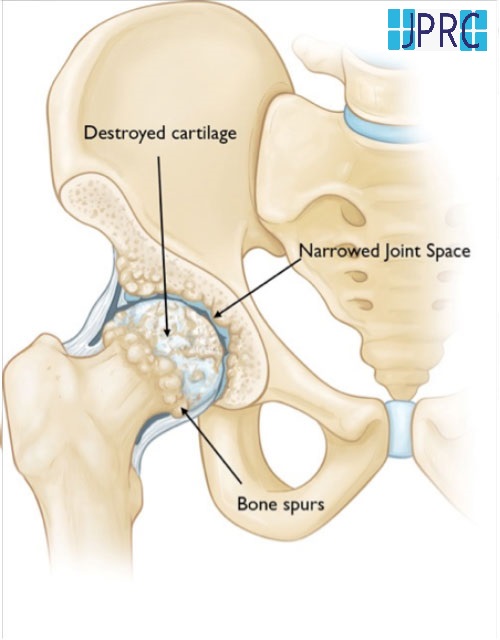



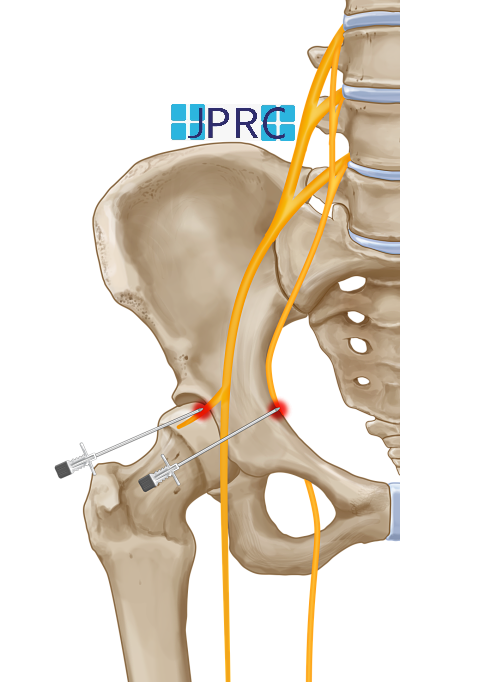


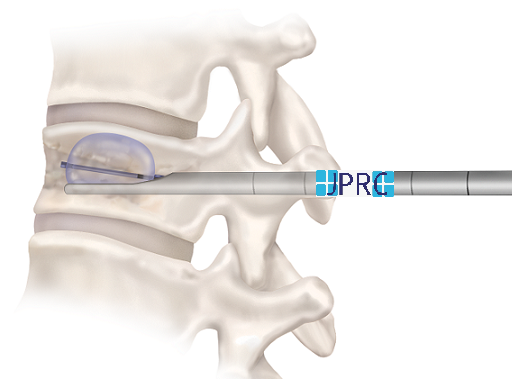

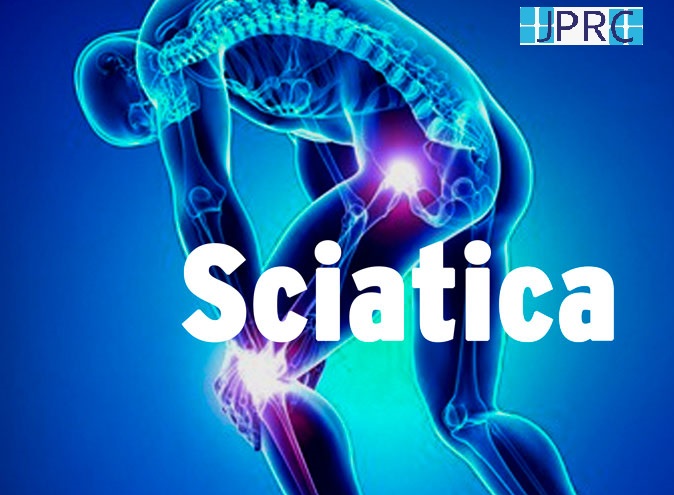



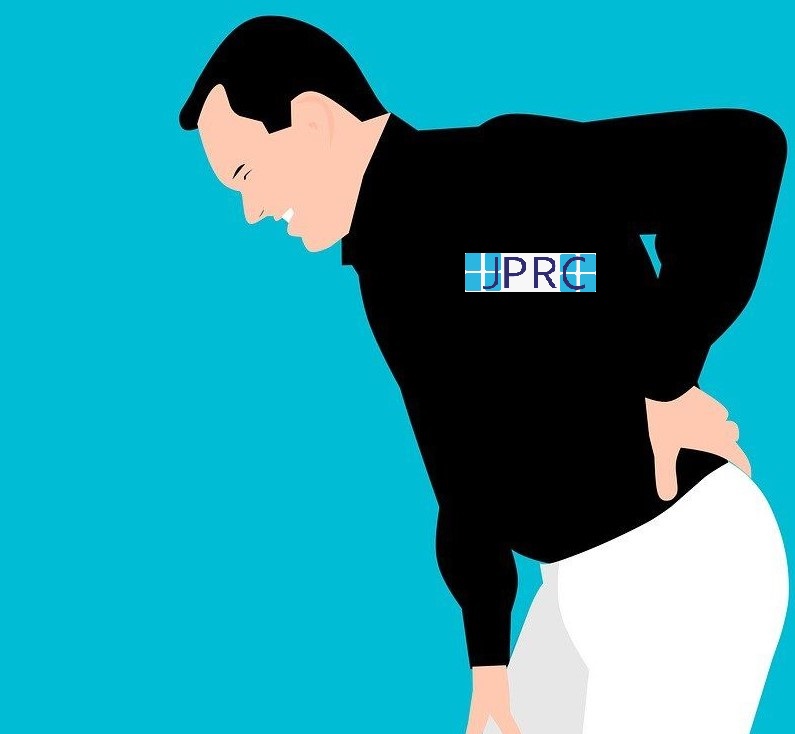
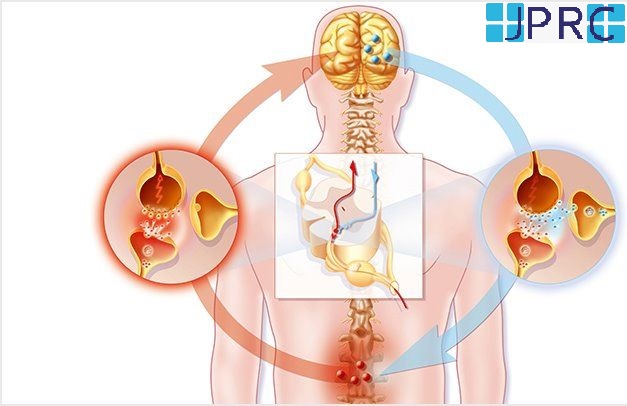


.jpg)
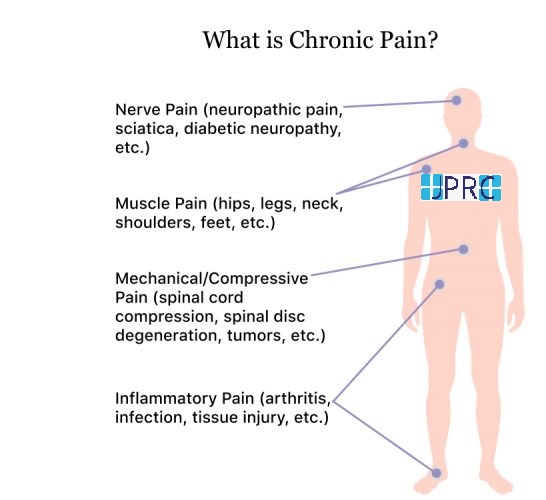







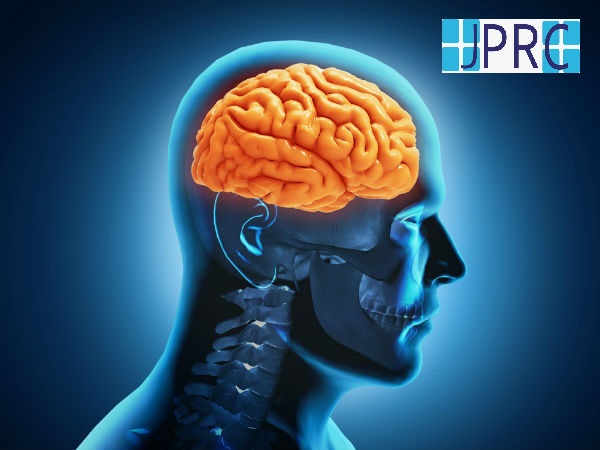

.jpg)




.jpg)
.jpg)
.jpg)



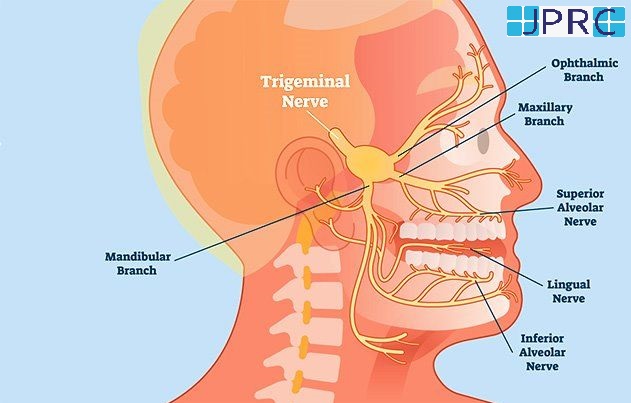



.jpg)
.jpg)
.jpg)
.jpg)
.jpg)
.jpg)
.jpg)
.jpg)
.jpg)
.jpg)
.jpg)
.jpg)
.jpg)
.jpg)
.jpg)
.jpg)
.jpg)
.jpg)
.jpg)
.jpg)
.jpg)
.jpg)








1.jpg)
1.jpg)
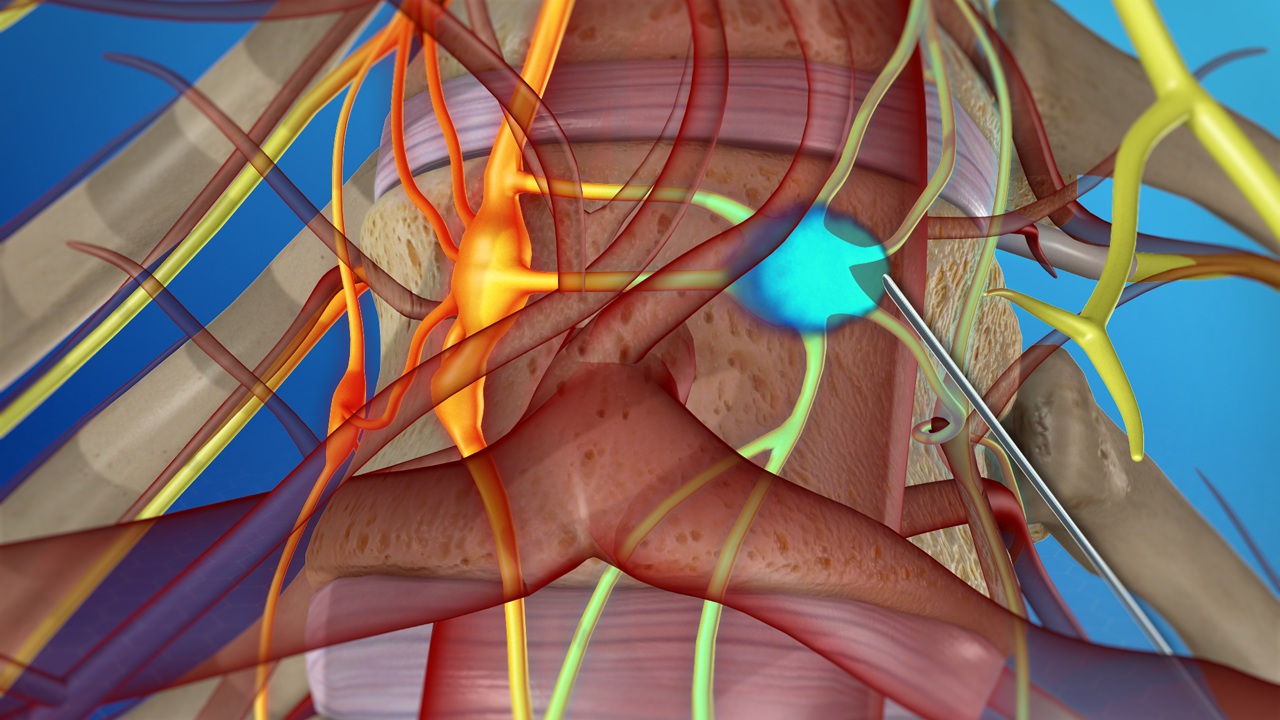
1.jpg)
1.jpg)
1.jpg)
1.jpg)
1.jpg)










2.jpg)
3.jpg)

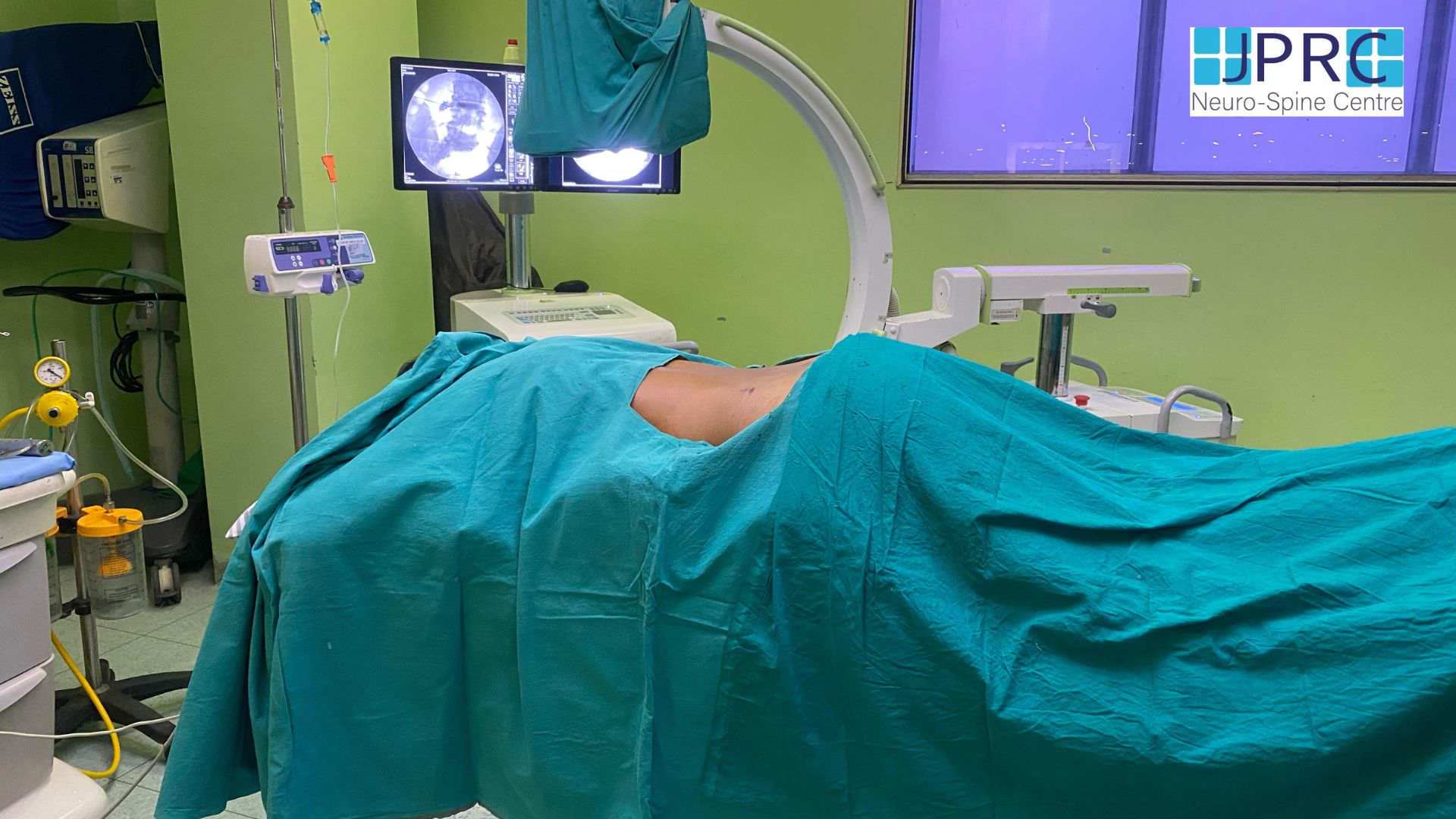

4.jpg)
1.jpg)
2.jpg)

5.jpg)
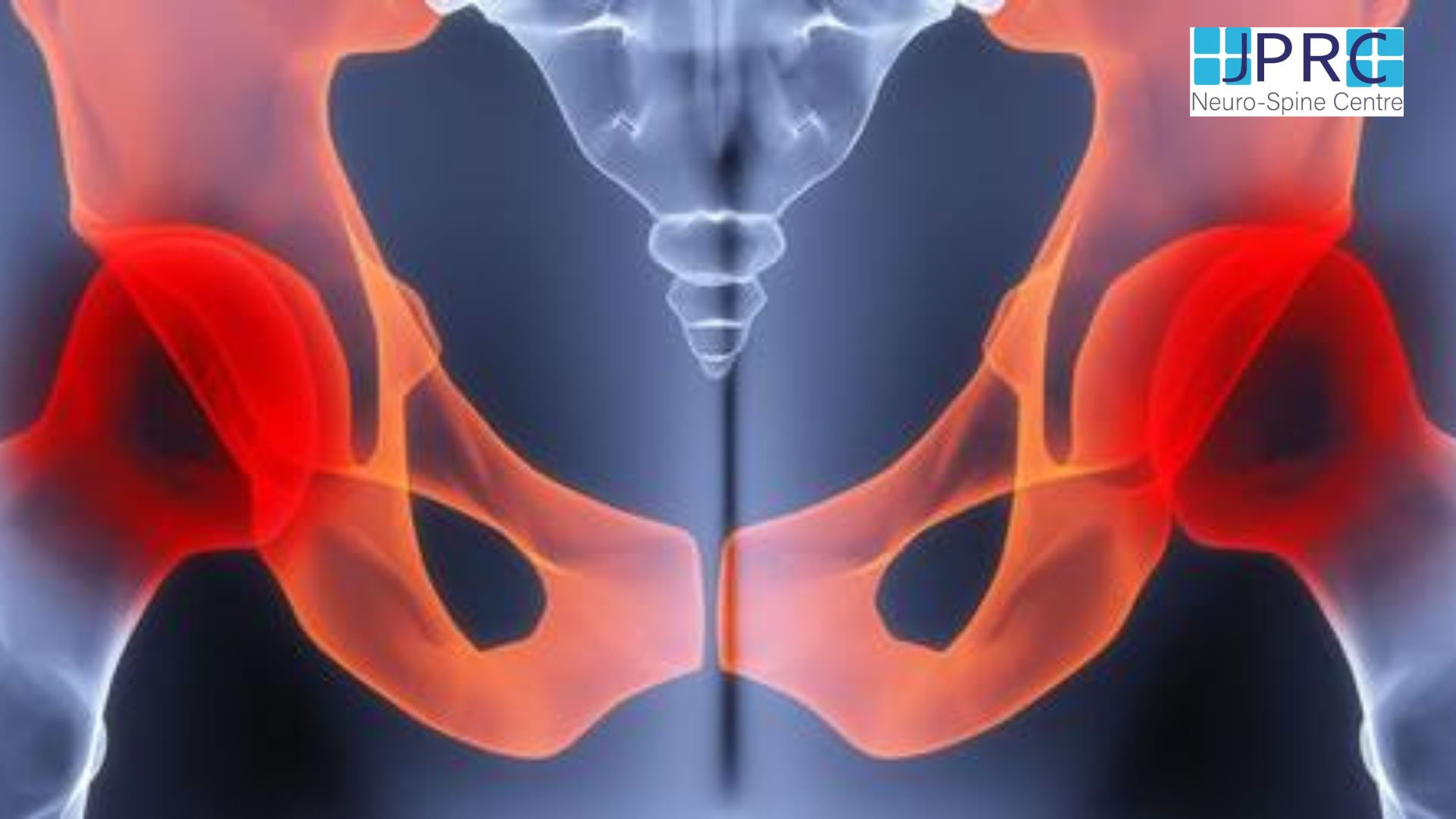
6.jpg)
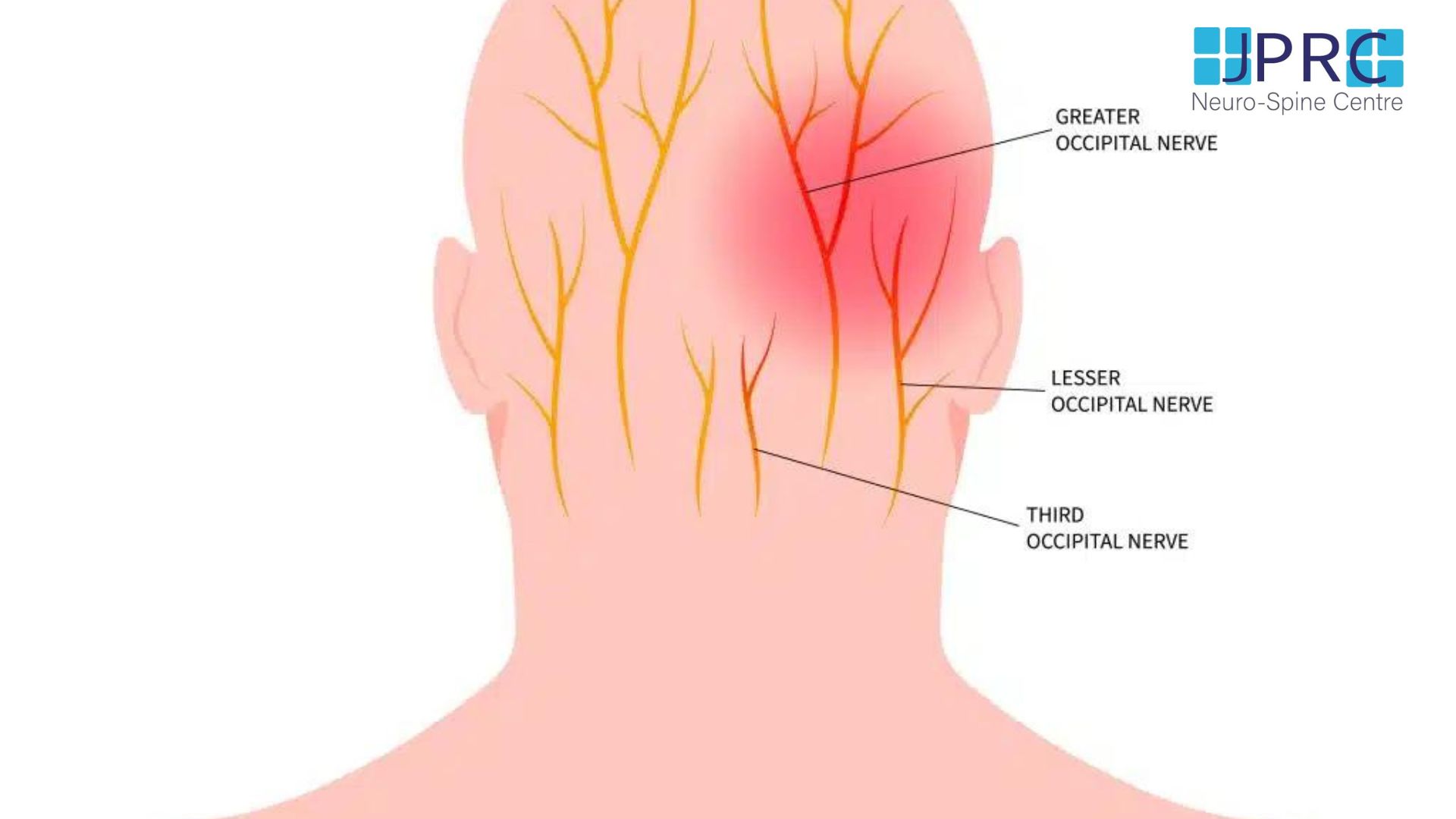
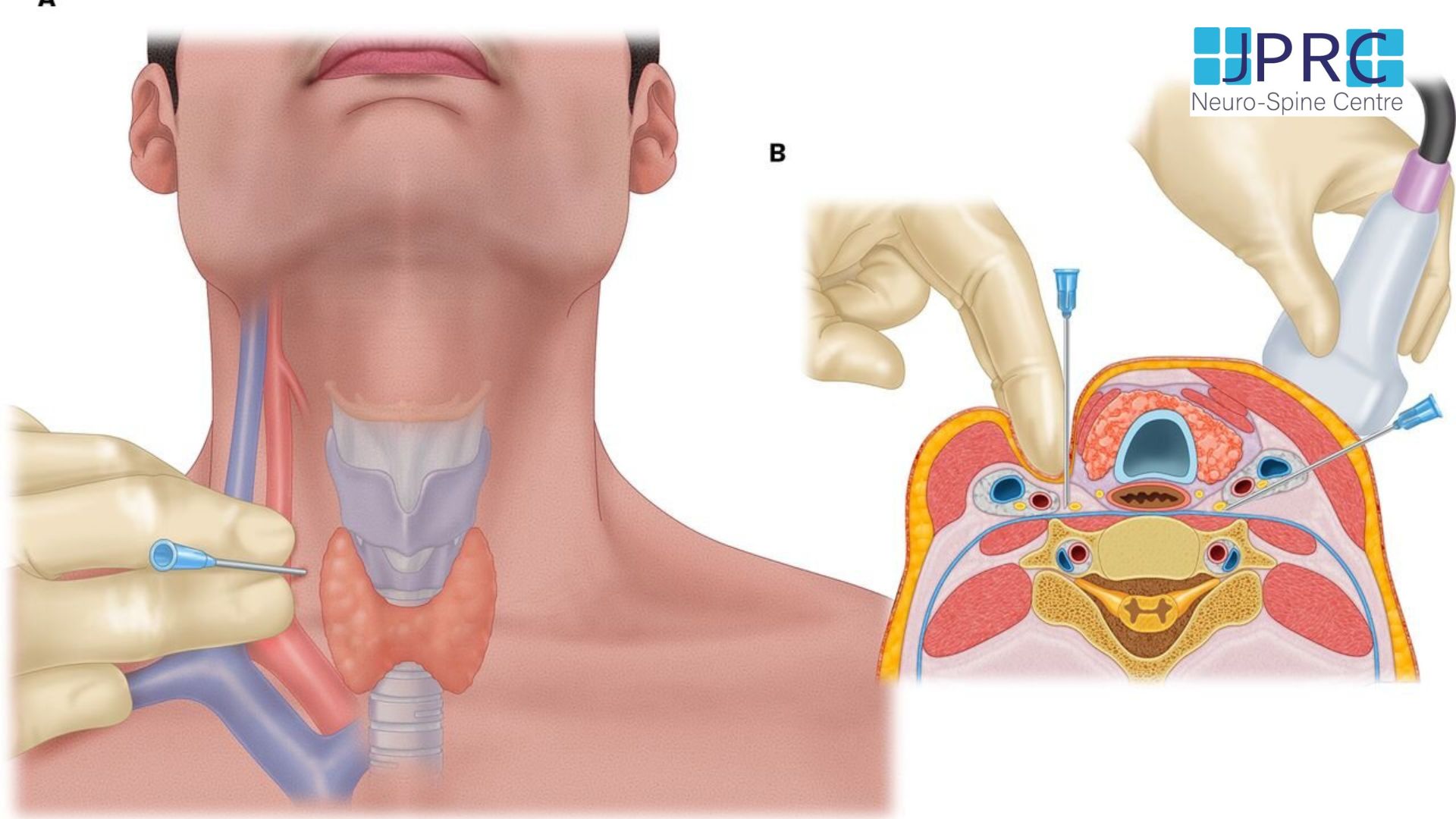


7.jpg)
2.jpg)

8.jpg)

9.jpg)
3.jpg)

10.jpg)

11.jpg)


12.jpg)
4.jpg)




























